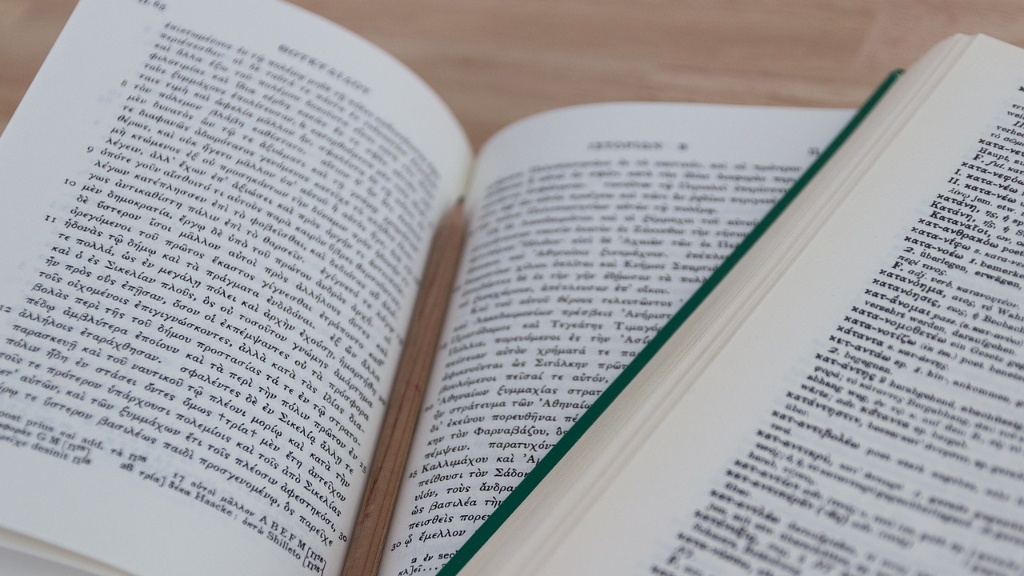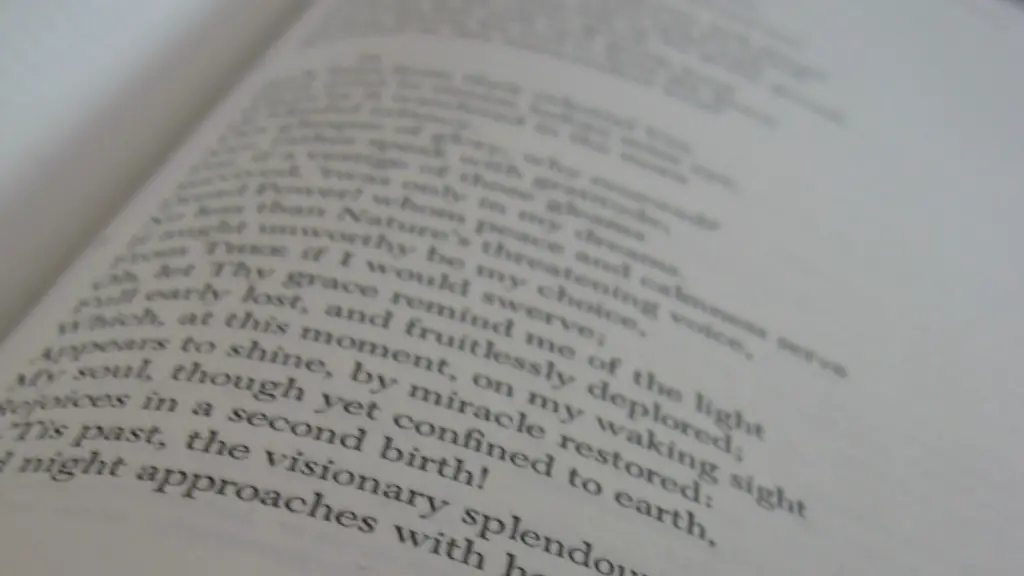The significance of Phillis Wheatley’s poetry is huge as she not only broke racial and gender boundaries, but also became America’s first published African-American female poet, having her work published before being legally inaugurated as a free woman.
Wheatley was born in what is now Gambia and taken to Boston in 1761 and sold as a slave. She was bought by the Wheatley family, who taught her to read and write, and encouraged her to pursue her passion in poetry. Wheatley was largely inspired by the political views of her time, particularly regarding the debates regarding the American Revolution, slavery, and the status of black woman.
Due to her inability to express herself as a black woman within the existing social framework, Wheatley used her poetry as a form of liberation. She wrote poems that both transcended and criticised the oppressive culture of slavery. Her work became a symbol and a powerful literary statement that expressed a proud black identity.
Wheatley’s poetry has been widely celebrated for its themes of justice and freedom. Her most memorable poem, ‘On Being Brought from Africa to America’, speaks to the injustice of the slave trade and expresses both the desolation and deep-seated anger that she felt.
Wheatley’s work gave liberty to African American female poets. Although she lacked the resources to escape her oppressive society, her words became an emotional force that gave strength to generations of African American women and provided an emotional platform to protest.
Historians have noted that Wheatley’s poetry was a crucial factor in shifting the public’s outlook on the capabilities of African Americans in the late 1700s and beyond. Thanks to the power of her work, African American women have played an integral role in the art community ever since.
Today, Wheatley is considered a pivotal figure in American poetry. Her poems remain widely-read and discussed both in classrooms and in scholarly literature. They also serve as essential pieces of literature in teaching students about gender, racial and ethnic studies.
Significance in the Literary Field
The fact that Wheatley was able to break through racial and gender barriers and become the first published female African American poet was a milestone for both literature and society. Her work influenced some of the most renowned authors in America, like Henry Wadsworth Longfellow and Walt Whitman, as well as many African American female poets.
It is also important to note that Wheatley wrote during a time when women had lower social and political statuses in society. Her work, featuring themes of justice and freedom, showed her resilience and unyielding courage in the face of oppression.
Wheatley’s unwavering spirit was paramount in inspiring more female writers to write their stories and to have their voices heard and felt. Throughout history, her poems have nurtured a strong community of African American female writers and has come to represent a legacy of courage and strength.
Racial and Gender Restrictions
Wheatley did not receive the same credit she deserved for her work due to the racial and gender limitations of the time. As a black female, Wheatley was expected to remain silent and obey social conventions while also bearing all the physical, mental and emotional effects of her enslavement and restricted mobility.
She was unable to advance her influence and ideas further and, although her poems gained a great admittance to the public and national press, her place in the literary and intellectual circle was only tentative. Despite the fantastic literary process and contributions for which she was applauded, Wheatley lived her life as a slave, without receiving proper recognition for her unique work.
Phillis Wheatley Today
Today, Phillis Wheatley is seen as a courageous literary pioneer, who rose above every obstacle to produce stunning work. She also serves as an inspirational figure in the ongoing struggle for African American civil rights. Her poems remain essential texts for all students regardless of instructional level.
Wheatley’s legacy will remain evergreen even in today’s society. By reading and elucidating her poems, all individuals can appreciate this amazing author’s talent and resilience in challenging social constraints in order to express their emotions and opinions.
Influence on Politics
Wheatley’s influence on politics is particularly noteworthy. She was an active writer who often addressed contemporary issues in her poems and wrote during a period when the struggle for American independence had just begun.
Wheatley wrote within a highly politicised context that was dominated by English and colonial powers, so her work had a dynamic and complex relationship with revolutionary politics. While sometimes challenging oppressive political systems, Wheatley actively engaged with the politics of the day, discussing topics like patriotism and loyalty to the newly formed United States.
Wheatley’s writings further demonstrated the complete disregard of African Americans in the colonies, despite the fact that enslaved people were integral in the formation of revolutionary ideas and rhetoric. For instance, her poem ‘To His Excellency George Washington’ expresses a deep appreciation for the political system and is considered one of the most comprehensive works during the revolutionary era.
Place in the American Canon
Today, the presence of Wheatley’s powerful works in the American literary canon is extremely important. By increasing Wheatley’s visibility and giving readers access to her poetry, we can have a better understanding of the remarkable power of her words. We can reflect upon the conditions of the past and better understand our history with greater clarity.
Wheatley’s poetry sheds light on many important issues, such as slavery, racism, sexism, patriotism, and freedom. This not only broadens our understanding of her work but also helps us to identify with and make lasting changes in our current society.
Equally important, Wheatley is an example of how literature can be used to raise awareness about the impact of oppressive forces and the importance of freedom, justice and equality. Her words remain powerful and vital in our world today and her message of liberation and hope has never been more important.
Social Impact of Her Writing
The profound impact of Phillis Wheatley’s poetry has shaped the nation in numerous ways. Her powerful words have brought attention to issues of racism, sexism and injustice. As such, her work led to shifts in societal opinions by encouraging frank debates regarding the African American experience.
Wheatley used literature to give a voice to the voiceless, not only by providing a forum to express her own feelings of anger and desolation, but also by inspiring generations of writers to fight for their freedom and justice. Her work remains a cornerstone of the African American cultural heritage.
Wheatley’s poetry is enduring and has the power to evoke profound emotions and to drive social change. For example, the 2017 Women’s March and the Black Lives Matter movement have been heavily influenced by Wheatley’s legacy. Her work continues to shape and inspire people across the world.
Presence in Modern Culture
Phillis Wheatley has emerged as a beloved cultural icon and her works appear in films, books, and theatre performances. For example, in 2016, a stage production called ‘Writings in the Bathtub’, based on her aphorisms, premiered in New York. Similarly, her poems have been translated into Spanish, French and other languages in order to reach a larger and more diverse audience.
Additionally, Wheatley remains an important figure in popular culture. Her poems have been adapted into songs and poems, and there are several statues, memorials, and sculptures of Wheatley that can be found in cities across the United States. Her works are also frequently referenced in popular culture and can be heard in television shows and films such as ‘Grey’s Anatomy’ and ‘12 Years a Slave’.
The significance of Phillis Wheatley’s poetry is immense and her works continue to influence and inspire individuals to this very day. Through her words, Wheatley was able to challenge the oppressive forces of her era and to introduce a global audience to the beauty and power of African American literature.





